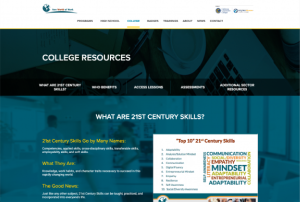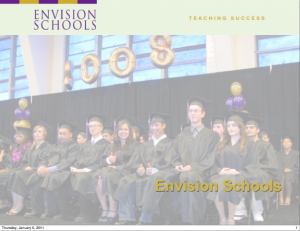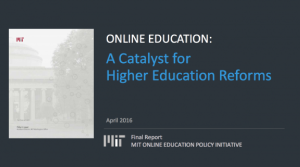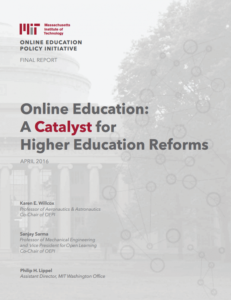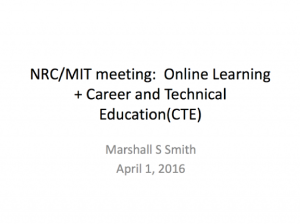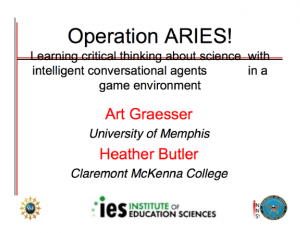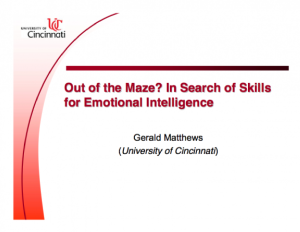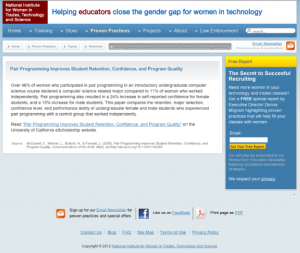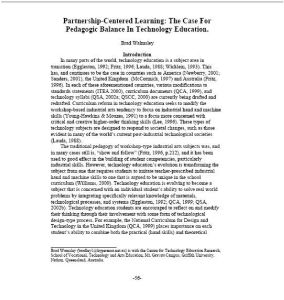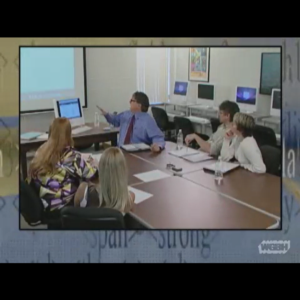Browse Resources
General Advanced Technological Education -- Learning research
Resources | |
|---|---|
This webpage was created as part of the New World of Work 21st Century Skills series. New World of Work partnered with several industry skills panels to create a list of the top ten 21st Century skills, a college-level curriculum, and several surveys designed to assess student learning. The webpage...
This presentation by Bob Lenz was given to the Workshop on Assessment of 21st Century Skills, held in January 2011. Lenz, of Envision Schools, discusses the Schools' approach, results, leaderships skills encouraged: Collaborate Productively, Think Critically, Complete Projects, Communicate...
These slides are provided by the National Academy of Sciences (U.S.) and Massachusetts Institute of Technology (MIT) and were presented at the April 1, 2016 Committee Meeting on the Supply Chain for Middle-Skill Jobs: Report Release on Online Education from MIT Researchers. This presentation covers...
This 56-page report is provided by the National Academy of Sciences (U.S.) and Massachusetts Institute of Technology (MIT) and discusses the findings and recommendations from the Online Education Policy Initiative (OEPI). The OEPI was formed to analyze the impacts of online education. This report...
These slides are provided by the National Academy of Sciences (U.S.) and were presented at the April 1, 2016 Committee Meeting on the Supply Chain for Middle-Skill Jobs: Report Release on Online Education from MIT Researchers. This presentation was given during Panel II: The Educator's Point of...
This presentation by Art Graesser and Heather Butler was given to the Workshop on Assessment of 21st Century Skills, held in January 2011. The presentation discusses Operation ARIES, a game developed to foster skills in critical thinking about scientific inquiry and important concepts shared among...
This presentation by Gerald Matthews was given to the Workshop on Assessment of 21st Century Skills, held in January 2011. In it, Matthews discusses favorable and skeptical perspectives on emotional intelligence, a survey of measurement techniques, and conclusions.
Over 46% of women who participated in pair programming in an introductory undergraduate computer science course declared a computer science related major compared to 11% of women who worked independently. Pair programming also resulted in a 24% increase in self-reported confidence for female...
This paper, from Brad Walmsley of the Centre for Technology Education Research in the School of Vocational, Technology and Arts Education at Griffith University, covers partnership-centered learning in technology education. In the paper, Walmsley discusses the results of a study done on technology...
This video from the WGBH Educational Foundation shows a Problem-Based Case Learning (PBCL) experience in a classroom from the start of class through mid-semester. In the video, a web design instructor works with a small business development center to find a local business partner. The center matches...
| |
| ← Previous | Next → |
